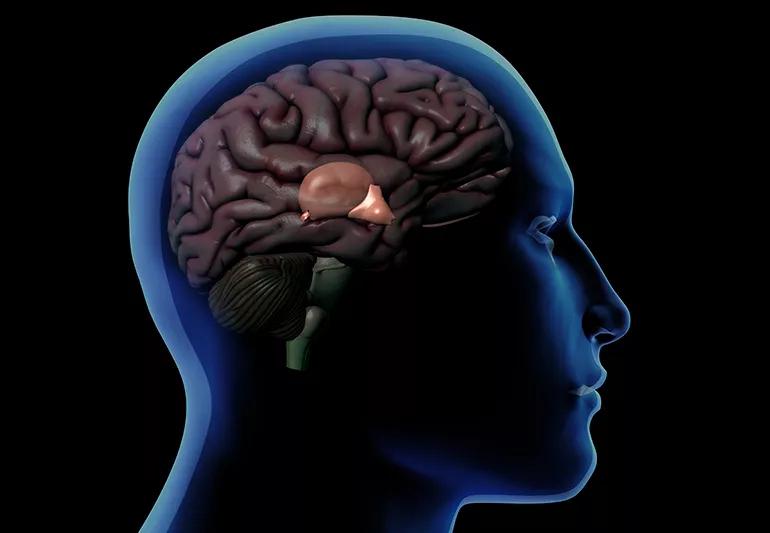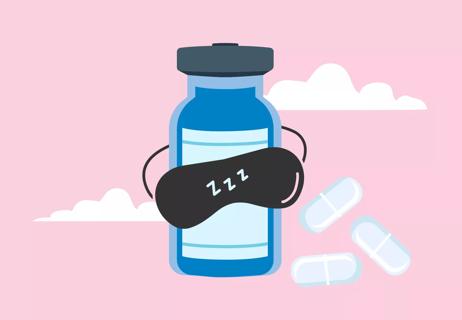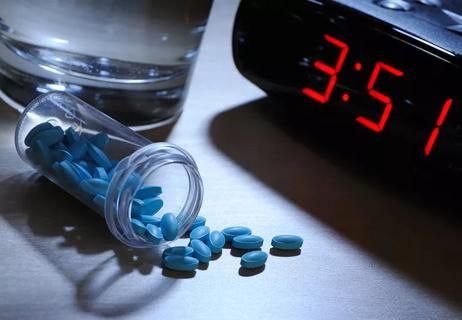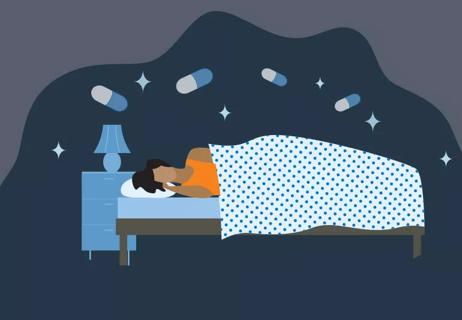The short answer from a sleep specialist

Melatonin is a hormone produced by your brain’s pineal gland, which controls your internal sleep and body clock.
Advertisement
Cleveland Clinic is a non-profit academic medical center. Advertising on our site helps support our mission. We do not endorse non-Cleveland Clinic products or services. Policy
The supplements you buy in the store contain a synthetic version of melatonin. They will not increase your sleep drive or put you to sleep, and most research does not show significant benefit in using them as “sleeping pills.”
But if melatonin is taken at a time and dosage that is appropriate for someone’s sleep problem, it can help shift the biological sleep clock earlier. This can be helpful for shift workers and people with circadian rhythm disorders.
My general recommendation is “less is more,” or 0.3 milligrams to 1 milligram taken several hours before bedtime. Unfortunately, most melatonin sold over-the-counter is available in doses ranging from 3 milligrams to 10 milligrams, which is much more than your body needs.
To allow your body’s own melatonin to work best, you should create optimal conditions. Keep lights dim in the evening and avoiding using a computer, smartphone or tablet before bed, as bright light exposure can inhibit the release of melatonin. In addition, getting light exposure in the morning can help keep your sleep-wake cycle on track, so get outside for a morning walk when you wake up, if possible.
— Sleep specialist Michelle Drerup, PsyD
Advertisement

Sign up for our Health Essentials emails for expert guidance on nutrition, fitness, sleep, skin care and more.
Learn more about our editorial process.
Advertisement

Tart cherry juice contains natural compounds that may support better sleep

Melatonin won’t stop birth control from doing its job, but the combo could cause unwanted side effects

This sleep supplement may have side effects, but dependency isn’t one

Too much of the supplement can lead to an upset stomach, vomiting and diarrhea

This hormone helps your body prepare for sleep

Does this supplement help you get more ZZZs?

What to expect after taking this increasingly popular sleep aid

Even small moments of time outdoors can help reduce stress, boost mood and restore a sense of calm

A correct prescription helps your eyes see clearly — but as natural changes occur, you may need stronger or different eyeglasses

Both are medical emergencies, but they are very distinct events with different causes